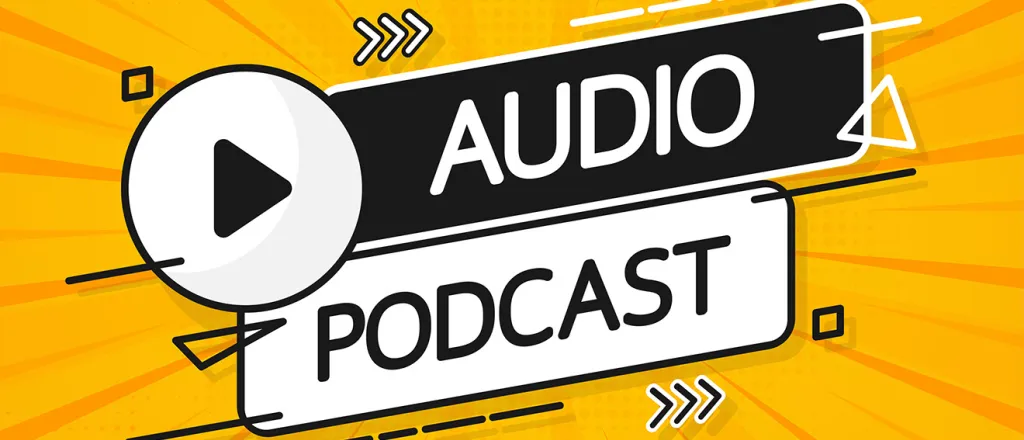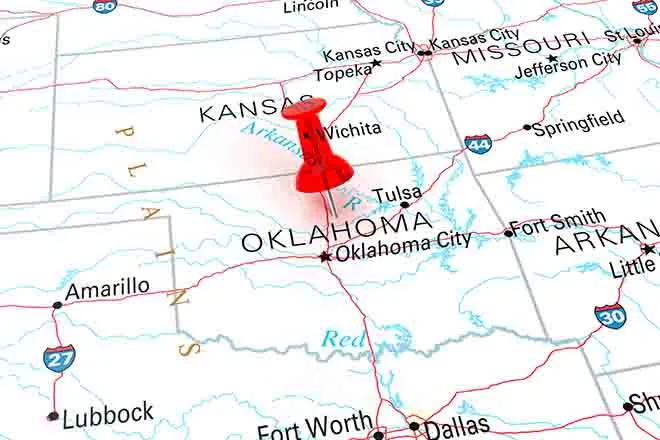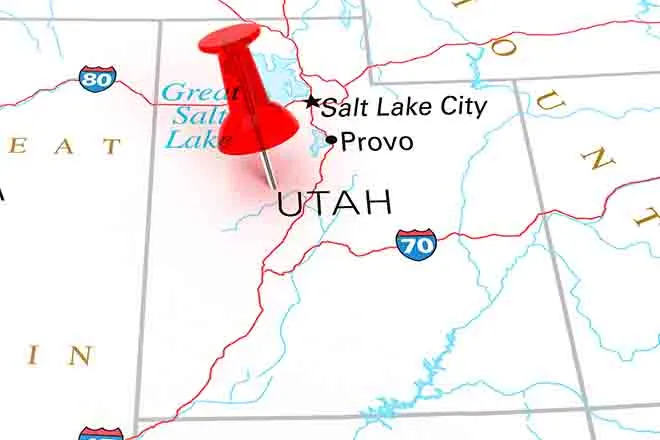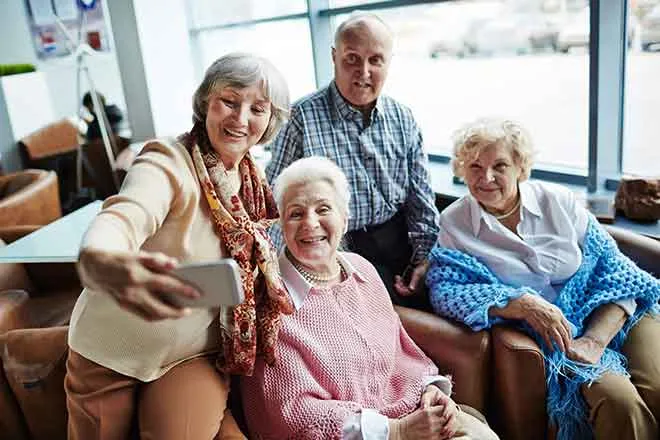
Daily Audio Newscast - May 14, 2024
News from around the nation.
Pivotal witness in Trump hush money trial called to witness stand; Wisconsin Supreme Court hears arguments in high-profile ballot dropbox case; and a new Indiana law stirs debate over academic freedom, teacher training.
TRANSCRIPT
(upbeat music) This is the Public News Service Daily Newscast for May 14th, 2024.
I'm Mike Moen.
Testimony resumes today in the hush money trial of former President Donald Trump.
Yesterday, Trump's former attorney, Michael Cohn, was on the witness stand.
According to the Associated Press, Cohn provided jurors with an insider's account of payments to silence women's claims of sexual encounters with Trump, saying the payments were directed by Trump to fend off damage to his 2016 White House bid.
Cohn is expected to be on the witness stand for several days, face intense grilling by Trump's attorneys, who have painted him as a liar who's trying to take down the presumptive Republican presidential nominee.
In other news, the Wisconsin Supreme Court on Monday took up arguments in a highly watched case concerning ballot drop boxes.
Supporters are lifting a near total ban, say such a move would help a range of voters across the state.
In 2022, the state's highest court and its then conservative majority ruled that drop boxes should be limited to election clerk offices.
But with a liberal majority now in place, the court is revisiting the issue.
Drop boxes have become popular among voters in a post-pandemic world.
Janelle Ludwig Krause leads the group Grassroots Organizing Western Wisconsin and says many people benefit from having different places to securely return their absentee ballots.
Busy farmers who need to be on their field when the conditions are dry.
It makes it possible for parents that are juggling a million things to cast a ballot.
For people with disabilities.
She adds drop boxes aren't just beneficial to certain geographic locations, noting they help voters in both urban and rural areas.
Broader debates about this option tend to focus on whether the boxes invite fraud and could be tampered with.
But the bipartisan policy center says they're set up by government officials and are often under 24-hour surveillance.
Election analysts say the outcome of this case could have a significant impact on the 2024 presidential race, with Wisconsin again forecast as a battleground state.
A new Indiana law is stirring debate in university classrooms where students are learning to become teachers.
Joe Ulery reports.
Ball State University professor Sharon Frazier-Burgess is afraid the legislation might have a chilling effect on academic discourse and prevent her from creating an environment where students feel heard and know they won't face retaliation for disagreeing with her.
There is very little consideration for bad faith actors.
In a classroom like mine, where we're doing this difficult work, that takes an entire semester to take full form.
GOP State Senator Spencer Deary of Lafayette authored the law.
He says it will broaden intellectual diversity on campuses by requiring professors to present multiple viewpoints and establishes a path for students and staff to report perceived political biases.
This story was produced with original reporting from Alexandra Appleton for Chalkbeat.
I'm Joe Ulery reporting.
This is PNS.
Several US airlines are suing to block the Biden administration from requiring greater transparency over fees that the carriers charge their passengers.
They say a new rule would confuse consumers by giving them too much information during the ticket buying process.
According to the Associated Press, the US Transportation Department said Monday it will vigorously defend the rule against what it calls hidden junk fees.
The trade group Airlines for America says the department is going beyond its authority by attempting to quote, "Regulate private business operations "in a thriving marketplace," unquote.
The airlines say the administration hasn't shown that consumers can't get information about fees already.
The Transportation announced the new rule in April.
It would require airlines and travel agents to disclose upfront charges for baggage and canceling or changing a reservation.
Airlines must show the fees on the first website page where they quote a price for a flight.
The agency estimated the rule will save consumers more than $500 million a year.
The state of South Dakota ranks fifth in the nation for its rate of refugee resettlements per capita, and that rate increased dramatically in the last year.
That's according to the Immigration Research Initiative.
Kathleen Shannon has the details.
More refugees or people unable to return to their home countries due to persecution are resettling in the US following historic declines during the Trump administration.
According to the LSS Center for New Americans, South Dakota took in over 200 refugees last year.
That's up from about 50 the year before, a 320 percent jump.
The national rate increased 135 percent in that time.
President and CEO of LSS South Dakota, Rebecca Kiso-Knudsen says those numbers are manageable.
Still a pretty small number in our state and definitely a size that we feel we can responsibly integrate.
The numbers don't include arrivals through Uniting for Ukraine, a separate federal program that resettled over 250 individuals in the state last year.
LSS South Dakota is the sole resettlement agency in the state and works mostly in Sioux Falls, where Kiso-Knudsen says the school districts are welcoming, but finding affordable housing is a challenge, one faced by most communities doing similar work.
I'm Kathleen Shannon.
Lastly, more than one in five Americans is a woman of color, and a new poll shows they're not feeling heard and want policy makers to address the issues they care about.
The poll comes from a coalition of civil rights groups called Intersections of Our Lives.
Lupe Rodriguez with the National Latina Institute for Reproductive Justice says while motivation across the electorate is lower than in the past, candidates who want to win must pay attention to women of color.
We should not be seen as low propensity voters.
We need to be seen as high potential voters, and folks can't afford to take us for granted.
The poll found nearly nine in 10 women of color say voting is extremely or very important.
And that's the Public News Service Daily Newscast for May 14th, 2024.
I'm Mike Moen.
A reminder, you can always find more stories at publicnewsservice.org.















